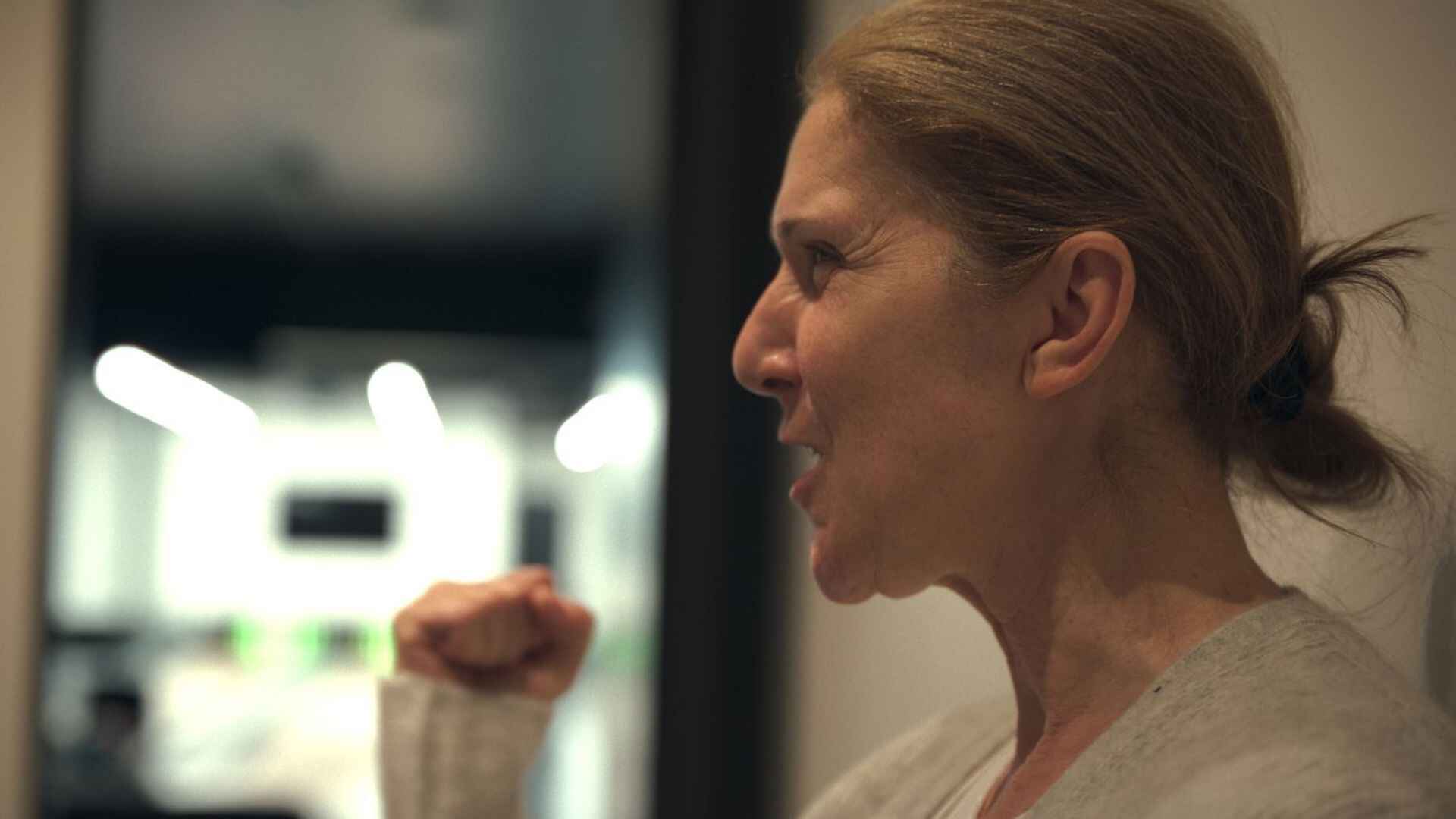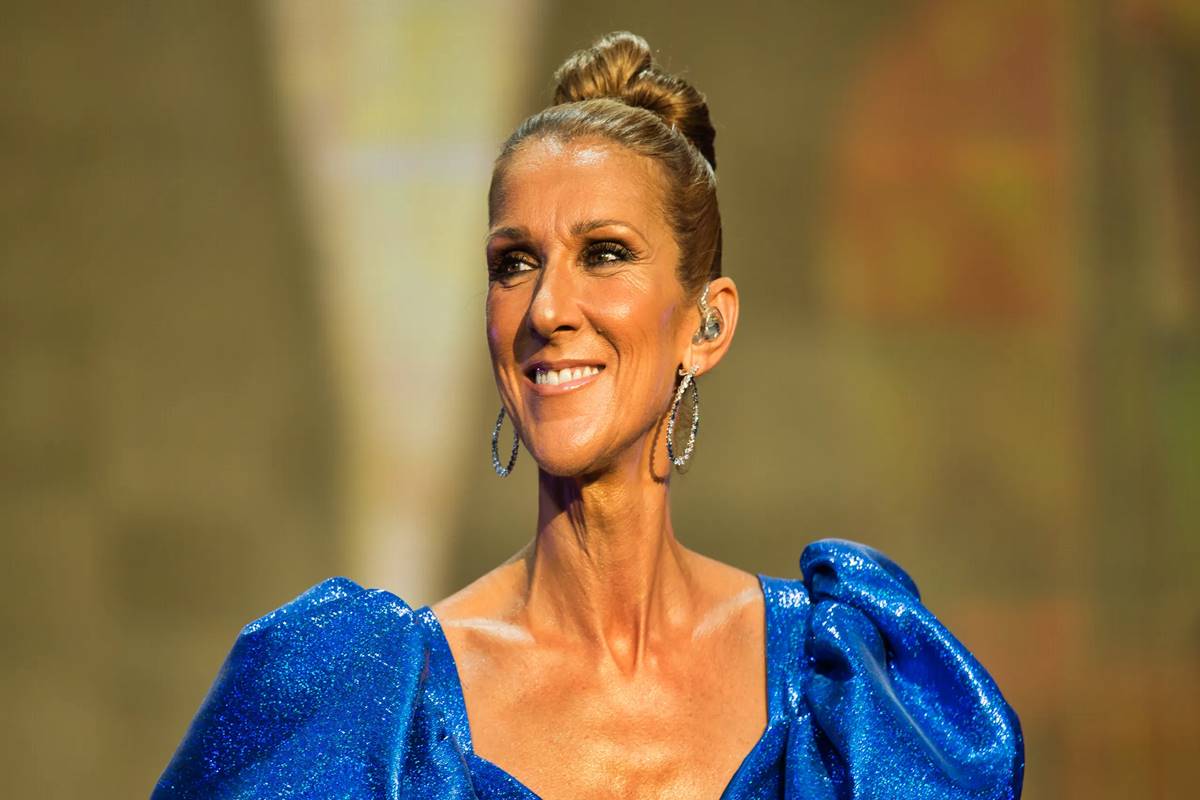Neurological Condition

Celine dion neurological condition – Celine Dion has been diagnosed with Stiff Person Syndrome (SPS), a rare neurological condition that affects the central nervous system. The condition is characterized by progressive muscle stiffness and spasms, which can be extremely painful and debilitating.
SPS is caused by an autoimmune disorder, in which the body’s immune system mistakenly attacks its own healthy tissues. In the case of SPS, the immune system attacks the GABA receptors in the brain and spinal cord. GABA is a neurotransmitter that helps to inhibit muscle activity, so when the GABA receptors are damaged, the muscles become overactive and stiff.
Symptoms, Celine dion neurological condition
The symptoms of SPS can vary from person to person, but some of the most common include:
- Muscle stiffness and spasms
- Pain
- Difficulty walking and moving
- Tremors
- Anxiety
- Depression
Causes and Risk Factors
The exact cause of SPS is unknown, but it is thought to be triggered by an autoimmune disorder. Some of the risk factors for SPS include:
- Being female
- Having a family history of SPS
- Having another autoimmune disorder, such as diabetes or thyroid disease
Diagnosis and Treatment
Celine Dion’s neurological condition was diagnosed through a combination of medical history, physical examination, and specialized neurological tests. Her symptoms, including muscle weakness, stiffness, and difficulty walking, pointed towards a neurological disorder. Further evaluation, such as magnetic resonance imaging (MRI) and electromyography (EMG), helped confirm the diagnosis.
Treatment options for Celine Dion’s specific neurological condition vary depending on the underlying cause and severity of symptoms. Medications may be prescribed to manage muscle spasms, reduce pain, and improve mobility. Physical therapy and rehabilitation can help strengthen muscles, improve coordination, and increase range of motion. In some cases, surgery may be necessary to address underlying structural abnormalities or relieve nerve compression.
The benefits and risks of each treatment option should be carefully considered before making a decision. Medications can provide symptom relief but may have side effects, such as drowsiness or dizziness. Physical therapy and rehabilitation require time and effort but can significantly improve functional outcomes. Surgery carries risks such as infection, bleeding, and nerve damage, but it may be necessary to alleviate severe symptoms or prevent further neurological damage.
Impact on Career and Personal Life
Celine Dion’s neurological condition has significantly impacted her singing career and personal life. The condition has affected her vocal abilities, making it challenging for her to perform at the same level as before. She has had to cancel or postpone concerts and tours, and her singing voice has become noticeably weaker.
Challenges in Performing
The neurological condition affects Celine Dion’s vocal cords, making it difficult for her to control her pitch and volume. She experiences vocal fatigue more easily and has difficulty sustaining notes for extended periods. The condition also affects her breathing, which can make it challenging to sing for long periods.
Personal Toll
The condition has also taken a personal toll on Celine Dion. She has had to make significant adjustments to her lifestyle, including reducing her workload and spending more time resting. The condition has also affected her relationships with her family and friends, as she has had to cancel plans and limit her social interactions.
Public Perception and Awareness: Celine Dion Neurological Condition

Celine Dion’s neurological condition has garnered significant public attention, shaping perceptions and fostering empathy. Media coverage has played a crucial role in educating the public about her condition and its impact on her life.
Role of Media Coverage
Media coverage has been instrumental in raising awareness about Dion’s condition and its complexities. Articles, interviews, and social media posts have provided insights into her experiences, challenges, and determination. This has helped dispel misconceptions and foster a greater understanding of neurological disorders.
The media has also played a role in highlighting the impact of the condition on Dion’s career and personal life. Coverage of her postponed performances and canceled tour dates has underscored the challenges she faces in managing her health while pursuing her passion for music.
Impact on Awareness
Dion’s public disclosure of her condition has had a profound impact on raising awareness about neurological disorders. Her platform and influence have drawn attention to the often-invisible struggles faced by individuals with these conditions.
By sharing her story, Dion has helped break down stigmas and misconceptions associated with neurological disorders. Her advocacy has encouraged others to seek diagnosis, treatment, and support, contributing to a greater understanding and empathy for these conditions.
Medical Research and Future Outlook
Ongoing medical research aims to unravel the complexities of Celine Dion’s neurological condition, seeking to advance treatment options and improve patient outcomes. Scientists are delving into the underlying mechanisms, exploring genetic factors, and evaluating novel therapeutic approaches.
Potential for New Treatments and Therapies
Research efforts hold promise for the development of new treatments and therapies tailored to the specific characteristics of Dion’s condition. Advancements in gene therapy, stem cell therapy, and targeted drug delivery systems offer potential avenues for addressing the neurological impairments and improving quality of life.
Role of Patient Advocacy
Patient advocacy plays a pivotal role in driving research and improving outcomes. Organizations like the Celine Dion Foundation and the National Institute of Neurological Disorders and Stroke actively support research initiatives, raise awareness, and advocate for policies that enhance access to care and treatment options.